Introduction
The Ultimate Guide to Portuguese Water Dogs covers everything you need to know.
- They were originally bred to assist fishermen in Portugal
- This breed is known for its swimming ability and hardworking nature
- They require regular exercise and mental stimulation to stay healthy
- Their curly coat is hypoallergenic but requires regular grooming
- Here is your ultimate guide to understanding and caring for this unique breed
1. History and Origin

The Portuguese Water Dogs have a rich history in Portugal's fishing communities.
- Ancient Roots: Originated from Portugal, assisting fishermen
- Working Dog: Bred to herd fish, retrieve nets, and deliver messages
- Near Extinction: Numbers declined in the 20th century due to modern fishing methods
- Breed Revival: Enthusiasts revived the breed in the 1960s
- Recognition: Recognized by the American Kennel Club in 1983
- Distinctive Traits: Known for endurance, intelligence, and strong swimming ability
- Water-Loving: Developed webbed feet and a water-resistant coat
- Global Popularity: Gained fame, especially in the United States
2. Physical Characteristics
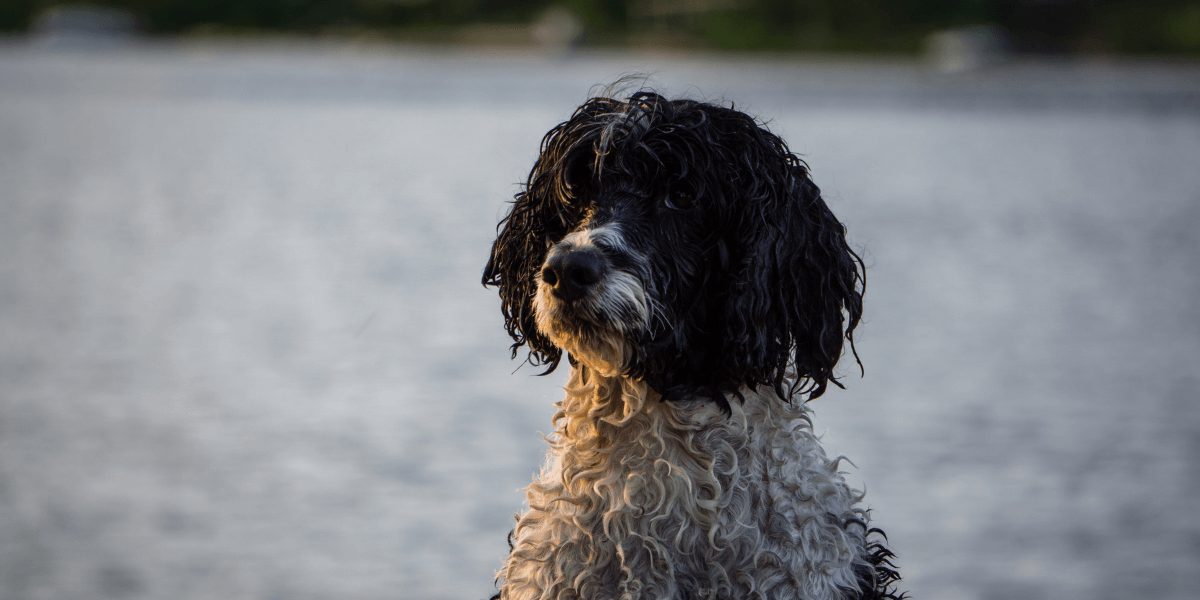
Portuguese Water Dogs are medium-sized with strong, muscular builds.
- Size Range: Males are 20-23 inches, females 17-21 inches tall
- Weight Range: Typically weighs between 35-60 pounds
- Coat Types: Curly or wavy, both water-resistant
- Color Variations: Commonly black, white, brown, or combinations
- Distinctive Features: Webbed feet for swimming, strong tail for steering
- Eyes and Ears: Dark, expressive eyes and medium-sized, hanging ears
- Build: Compact and muscular, designed for endurance and agility
- Lifespan: Average lifespan is 12-15 years
3. Temperament and Personality
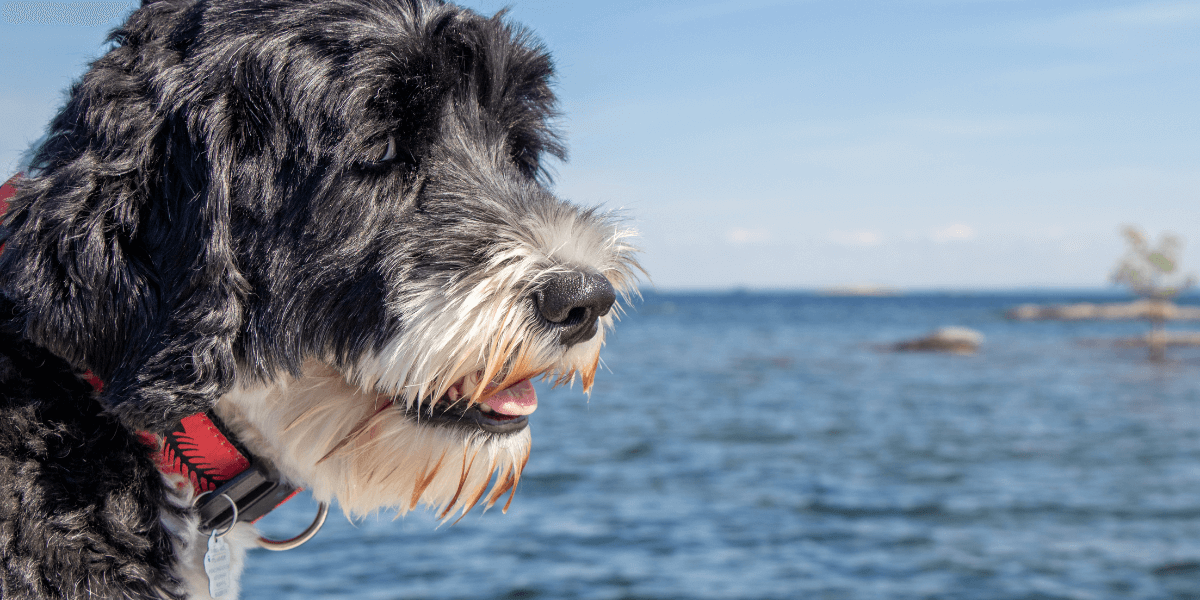
This breed is known for its affectionate, intelligent, and energetic nature.
- Friendly Nature: Great with families and children
- Intelligence: Highly trainable, excels in obedience and agility
- Energetic: Needs plenty of exercise and mental stimulation
- Affectionate: Loyal and forms strong bonds with owners
- Playful: Enjoys interactive play like fetch and swimming
- Alertness: Naturally protective, makes a good watchdog
- Sociable: Gets along well with other pets when socialized early
- Adaptability: Can adapt to various living environments with enough activity
4. Health and Wellness
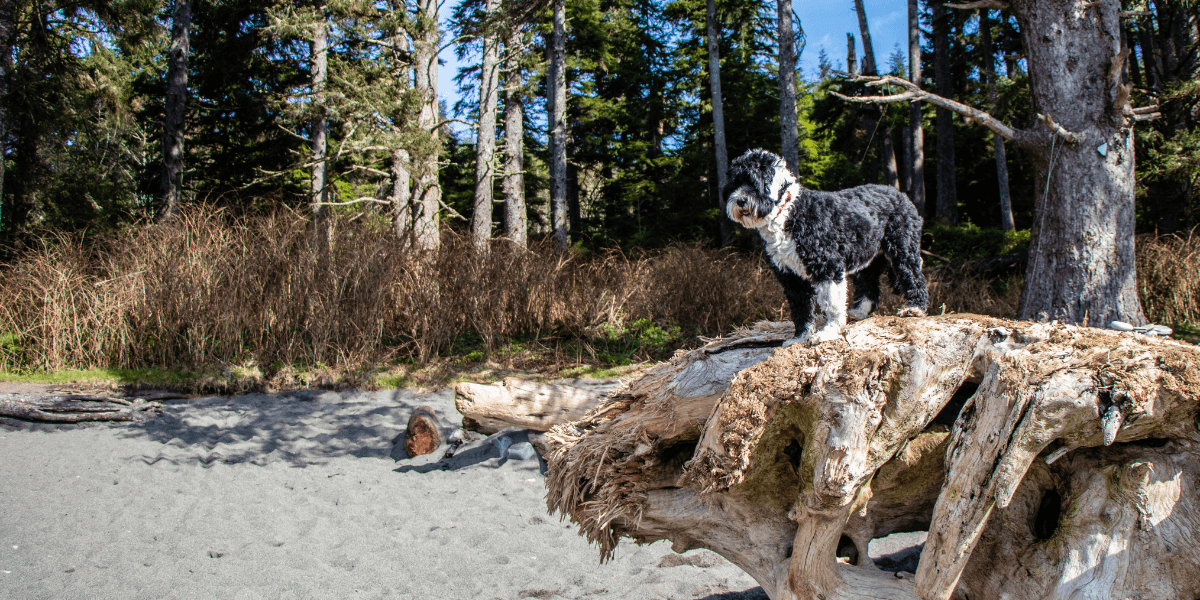
Portuguese Water Dogs are generally healthy but prone to certain conditions.
- Common Issues: Hip dysplasia, PRA, and Addison's disease
- Preventative Care: Regular vet check-ups and health screenings
- Diet and Nutrition: Requires a balanced diet with high-quality ingredients
- Exercise Needs: Minimum of 30-60 minutes of exercise daily
- Grooming Requirements: Regular brushing and occasional professional grooming
- Dental Care: Brush teeth regularly to prevent dental disease
- Vaccinations: Stay up to date with core vaccines and boosters
- Weight Management: Monitor food intake to prevent obesity
Learn how to prevent and manage hip dysplasia in your Portuguese Water Dog to ensure optimal health.
5. Training Tips
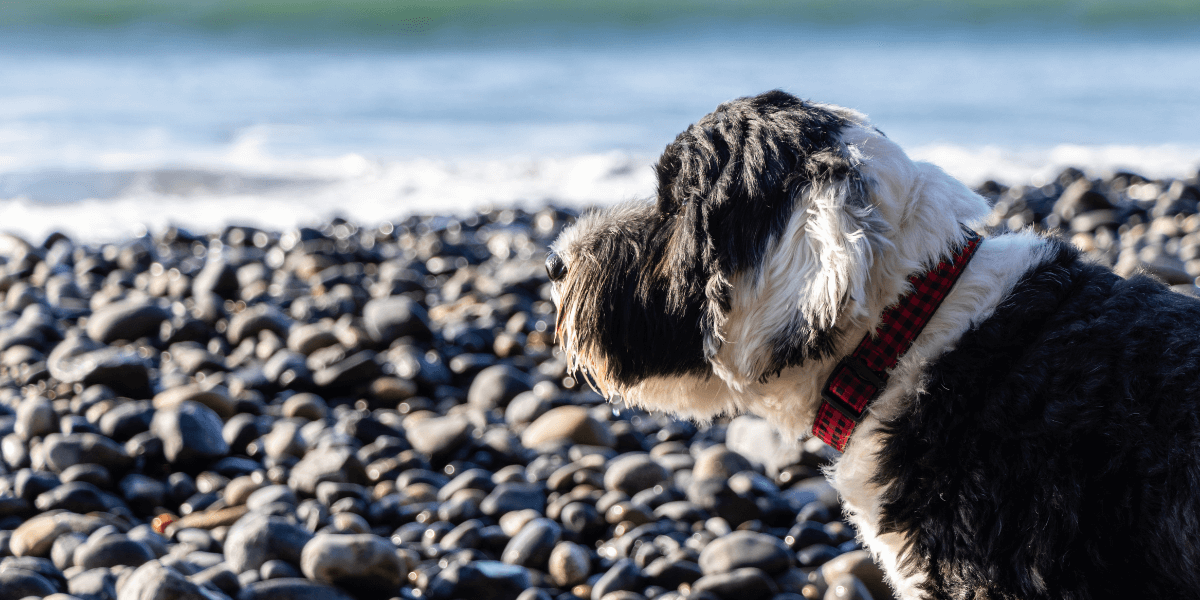
Training a Portuguese Water Dog requires consistency and positive reinforcement.
- Start Early: Begin training as a puppy to establish good habits
- Positive Reinforcement: Use treats and praise to encourage good behavior
- Basic Commands: Teach essential commands like sit, stay, and recall
- Advanced Training: Engage in advanced obedience or agility courses
- Socialization: Expose your dog to different people, pets, and environments
- Avoid Punishment: Never use harsh methods; they respond best to kindness
- Mental Stimulation: Provide puzzles and interactive toys to keep them engaged
- Consistency: Be consistent with commands and expectations
6. Grooming Needs
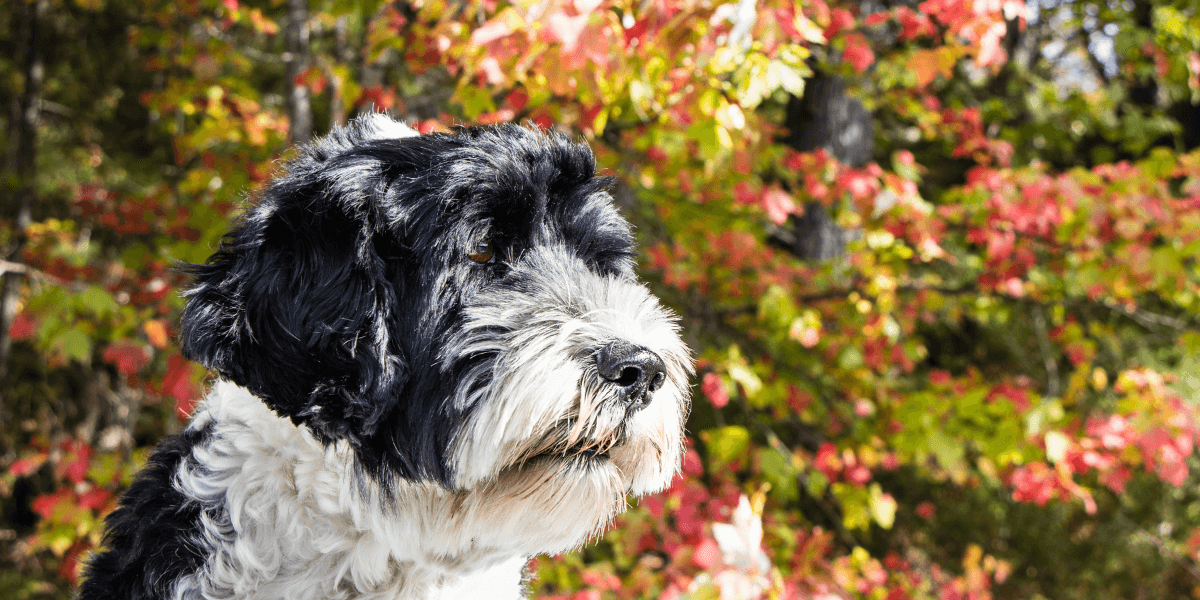
Regular grooming keeps a Portuguese Water Dog's coat healthy and mat-free.
- Brushing Frequency: Brush coat at least 2-3 times a week
- Bathing Schedule: Bathe every 4-6 weeks or as needed
- Haircuts: Consider a professional groomer for regular trims
- Ear Care: Clean ears weekly to prevent infections
- Nail Trimming: Trim nails regularly to avoid overgrowth
- Teeth Cleaning: Brush teeth at least twice a week
- Eye Care: Check and clean around the eyes to avoid tear stains
- Mat Prevention: Regular grooming helps prevent painful mats
Discover essential grooming tips to keep your Portuguese Water Dog looking their best.
7. Choosing a Portuguese Water Dog
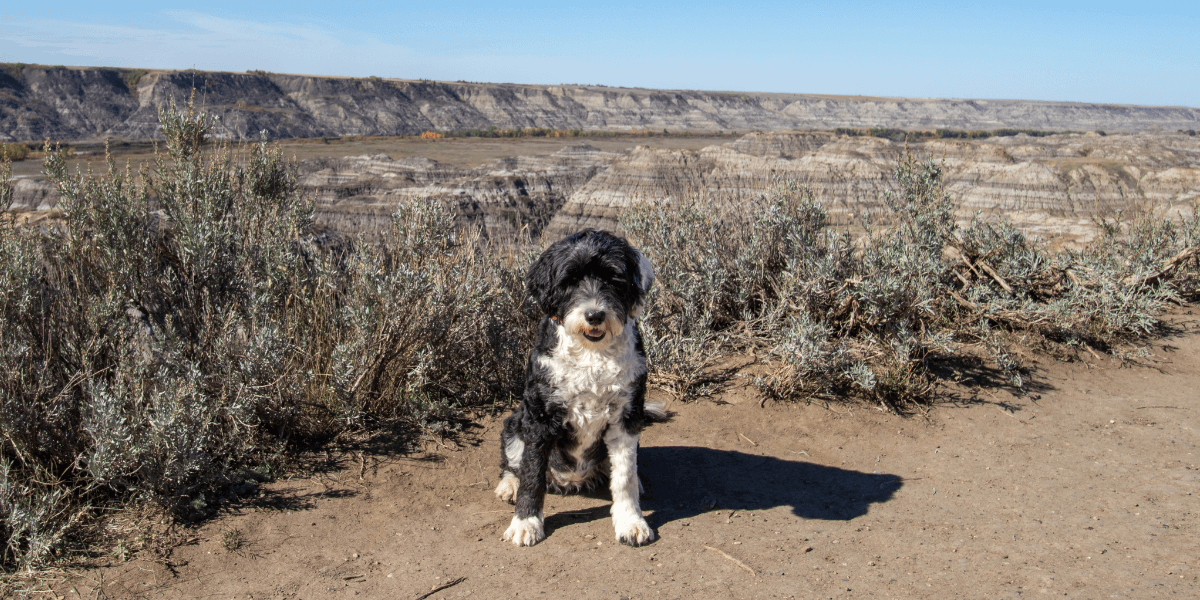
Select a reputable breeder or consider adopting from a rescue.
- Breeder Research: Choose breeders who test for common genetic conditions
- Health Guarantees: Look for breeders offering health guarantees
- Puppy Visit: Visit puppies to observe temperament and environment
- Adoption Option: Consider adopting from a breed-specific rescue
- Questions to Ask: Ask about socialization, health checks, and care routines
- Home Preparation: Puppy-proof your home before bringing them home
- Initial Supplies: Prepare essentials like food, bed, toys, and grooming tools
- Long-Term Commitment: Understand the breed's needs before committing
Find out how to choose the perfect Portuguese Water Dog for your family.
FAQs
1. Are Portuguese Water Dogs hypoallergenic
- Yes, they have a hypoallergenic coat, but regular grooming is needed
2. How much exercise does a Portuguese Water Dog need
- They need at least 30-60 minutes of daily exercise
3. What is the lifespan of a Portuguese Water Dog
- The average lifespan is 12-15 years
4. Are Portuguese Water Dogs good with children
- Yes, they are friendly and great with children when socialized properly
5. Do Portuguese Water Dogs require professional grooming
- Regular grooming is recommended to maintain their coat's health
6. Can they live in apartments
- Yes, if they get sufficient exercise and mental stimulation
7. Are Portuguese Water Dogs easy to train
- Yes, they are intelligent and respond well to positive reinforcement
Conclusion
- The Ultimate Guide to Portuguese Water Dogs helps you understand this unique breed
- They require regular exercise, grooming, and mental stimulation
- Proper training and socialization help them thrive in family settings
- Regular health checks and preventative care are essential for longevity
- Understanding their unique needs ensures a happy, healthy life together
- Consider adopting or purchasing from a reputable breeder for the best experience



